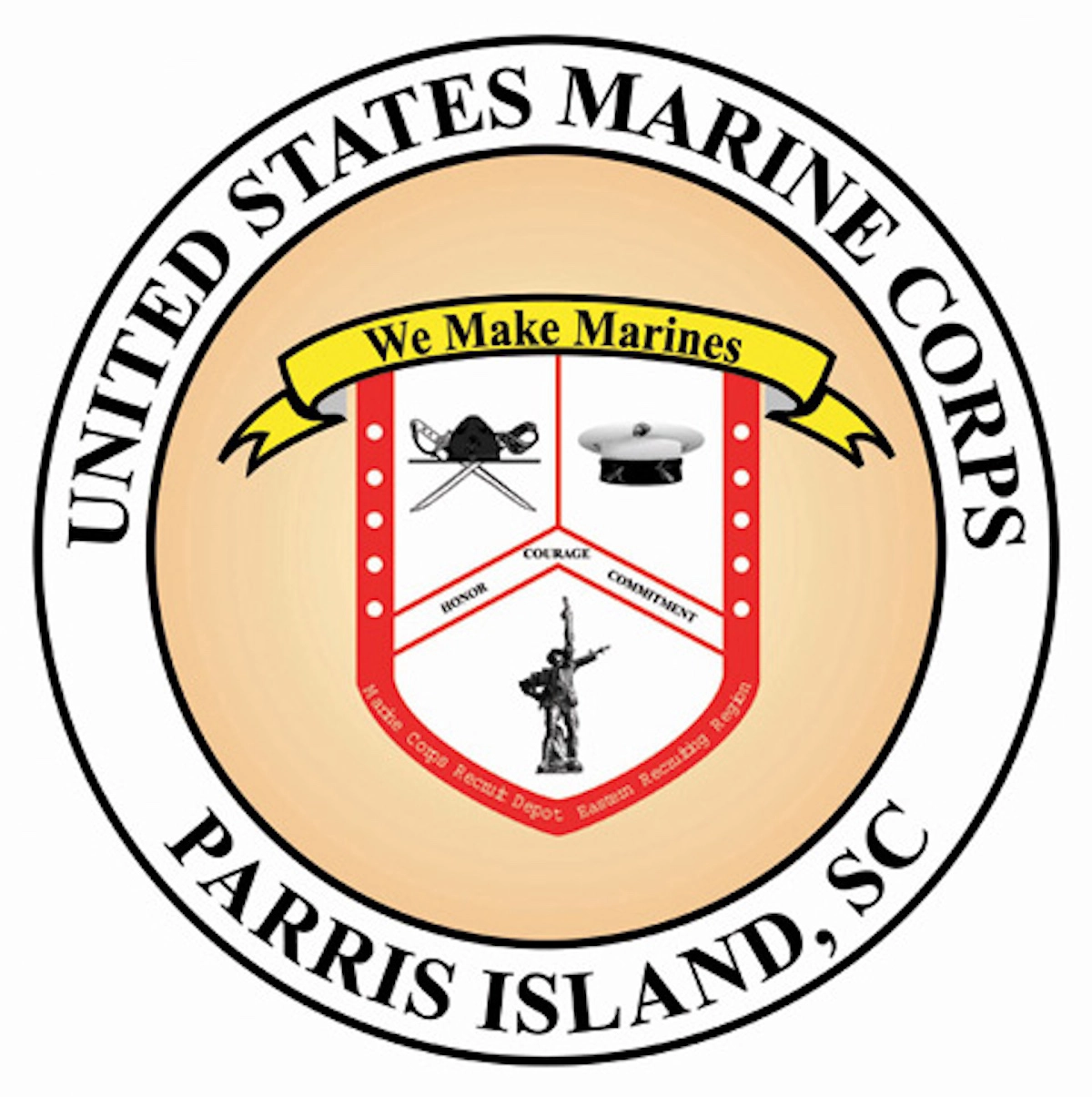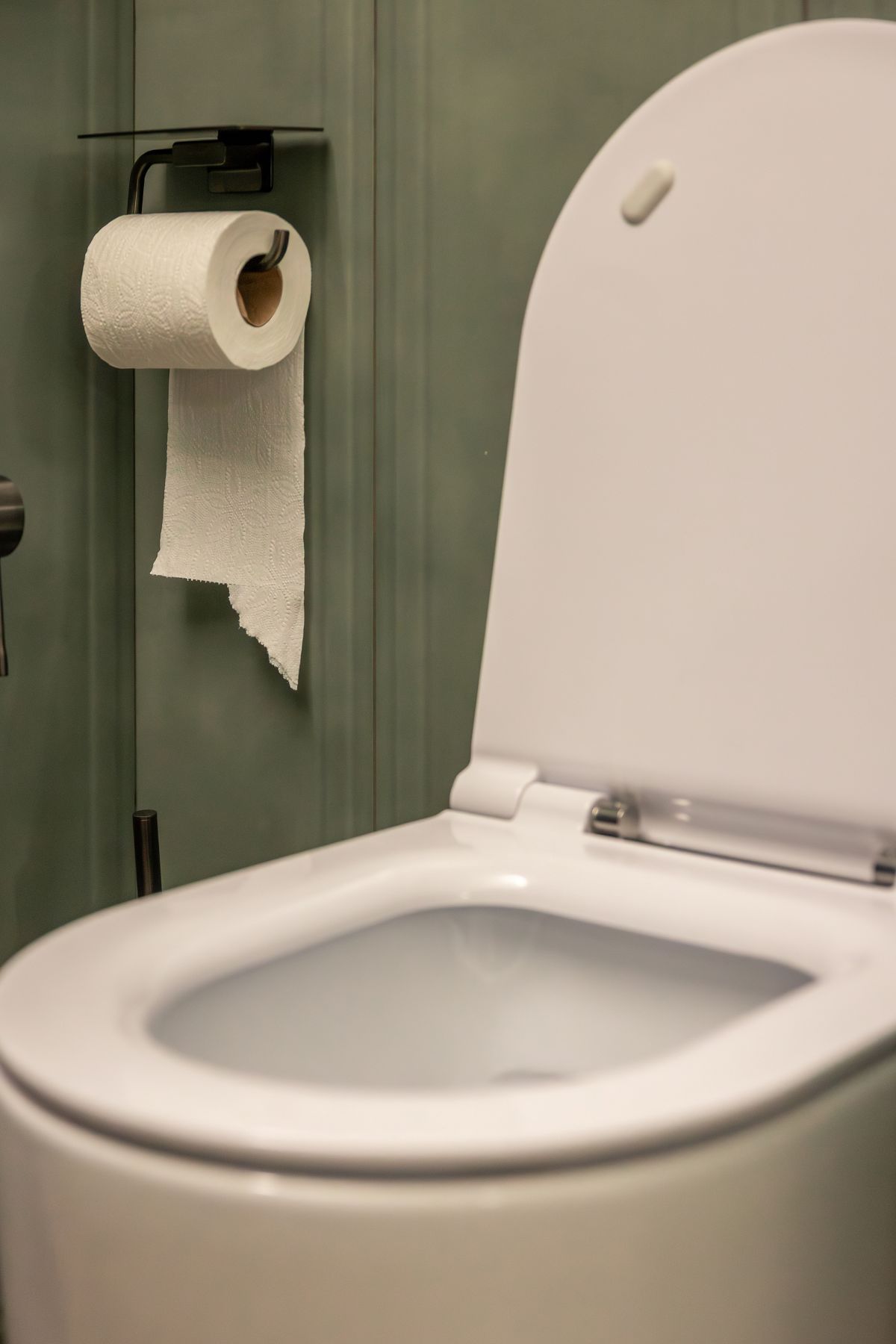If you are pregnant, it is a good idea for you and your partner to look at your environment, both at home and at work. You may need to take steps to avoid exposure to potentially harmful substances and conditions.
Household chemicals
Cleaning substances, lawn chemicals, paints, insecticides, pesticides, are some of the possible hazards at home.
Hair dye and perms
Some chemicals used in hair dye and perms may be harmful to the developing fetus.
Cat litter
Toxoplasmosis is a parasite transmitted to humans by contact with feces of an infected cat. During pregnancy, have someone else change cat litter. Use proper hand washing.
Unpasteurized milk products
A disease called Listeriosis caused by bacteria from unpasteurized milk and milk products, can lead to miscarriage, infection of the newborn or stillbirth. Avoid unpasteurized milk or milk products. Wash produce thoroughly and cook meat well.
Fish and seafood
Methyl-mercury and PCB’s are found in some fish and seafood and can adversely affect the fetus. Limit swordfish, shark, fresh/frozen tuna, lake trout and walleye to one meal/month. Visit https://www.seafoodwatch.org for updated information about fish and seafood safety.
Injuries from not wearing seatbelts
Everyone, including pregnant women, should wear seatbelts for every journey in a vehicle. The lap belt must be worn low and fit snugly across the hips, not directly over the abdomen. The shoulder belt must also be worn properly over the woman’s shoulder and across the chest (never tucked behind the back).
Insect repellent
Due to risk of West Nile Virus and Lyme Disease, it is important to take precautions to avoid exposure to mosquitoes and ticks. Methods to avoid bites include wearing protective clothing, limiting time spent outdoors at dawn and dusk and using a recommended insect repellent.
Hobbies
Some hobbies can expose you to potentially harmful substances such as lacquer, paint thinners, paint and varnish removers, cleaning solvents, lead, plastics, and adhesives. Although it’s not known for sure whether the mother’s exposure to particular substances can harm the fetus, it is wise to avoid them whenever possible before and during pregnancy. Reduce your risk by wearing rubber gloves and working in a well-ventilated area.
Hazards at the office
If you work in an office environment, you may also be worried about potential health hazards. Many pregnant women worry about prolonged use of the computer or photocopier at work; however, these pieces of equipment have not been shown to have any harmful effect on pregnant women. To enhance health during pregnancy, it is suggested that women take five-minute breaks every hour to get away from the screen and away from a static sitting position at the computer.
Stress
Stress is a common part of most jobs, and you may find that you are having a difficult time juggling your job responsibilities and your pregnancy. It is important to stay as stress-free as possible however, because stress can have negative effects on your health. Stress has been known to contribute to poor eating habits and depression and may actually impair your body’s ability to fight off infection. Avoid stress as much as possible by taking frequent breaks, asking for more flexible working hours, or finding a coworker who can help you out.
Travel
Some jobs require frequent travel and you may find yourself spending long hours in a car, train, or airplane. While travel is safe for women up to the 36th week of pregnancy, you want to avoid lengthy trips. Try to minimize car travel to five to six hours a day and be sure to stop or get up (if in a train or plane) frequently to walk around. Avoid traveling to places located at high altitudes, as this can lower the amount of oxygen that both you and baby get. As you get closer to your due date, be sure to discuss any travel arrangements with your health care provider.
Furthermore, pregnant women who work with chemicals on a regular basis are advised to ask their employers for another temporary position or to stop working altogether. However, the choice to continue working is up to you. If you choose to continue working, be sure to follow proper safety precautions:
- Wear protective clothing, such as gloves and a ventilator, at all times.
- Avoid direct contact with all chemicals.
- Remove any contaminated clothing as soon as possible.
- Ask your employer to install extra ventilation equipment.
For information about the risk or safety of prescription and over-the-counter drugs, herbal products, chemicals, x-rays, chronic disease and infections or exposure toChicken Pox, Rubella, Parvovirus B19 (Fifth Disease) and STI’s during pregnancy, have an in-depth discussion with your Primary Care or OB physician.










